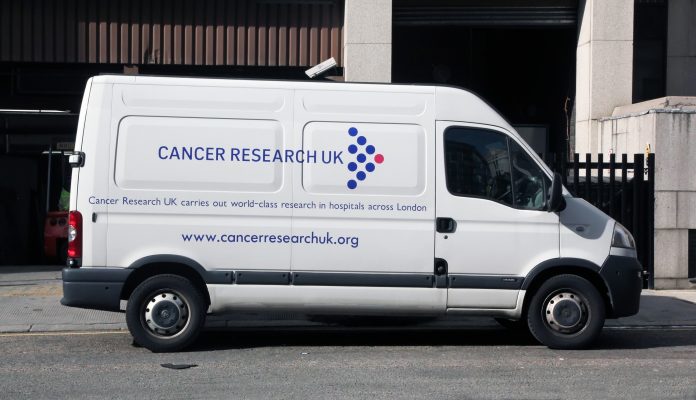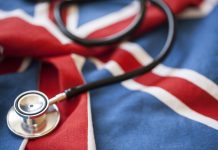Emma Greenwood, head of policy development at Cancer Research UK explains the importance of early diagnosis for cancer within local communities.
Cancer remains a major focus for the health service in England and, after the Health and Social Care Act came into force earlier this year, local authorities have an even bigger part to play than before.
Local Authorities have long been engaged with the health of their communities, but the Health and Social Care Act has reaffirmed that responsibility and given them specific public health and health promotion functions. Health and Wellbeing Boards have been established to bring together organisations with a responsibility for health across a local area and help identify the needs of the local population.
Empowering local populations to manage their own health effectively should be a key part of a local authority’s public health responsibility. While this clearly includes action on lifestyle factors such as smoking, obesity and alcohol, it’s equally important to raise awareness of symptoms that could indicate something serious, and encourage people to take action.
Dealing with the increasing burden of cancer is one of the biggest challenges facing our health service. Responsible for 29% of premature deaths – higher than any other disease group and, as our population continues to age, cancer incidence will only increase. Study after study has shown that England and the UK tend to lag badly behind the best performing European countries in cancer survival and, over time, with the exception of breast cancer, the gap doesn’t appear to be narrowing.
Earlier diagnosis and access to the best treatment are both crucial to improving survival. Over the last 40 years we have seen huge increases in survival for many cancers – more than 95% of men who are diagnosed with testicular cancer will now survive longer than 10 years, along with well over 70% of women with breast cancer. Further progress is possible, but in many cases survival has remained stubbornly low. For example, 10 year survival for lung and oesophageal cancers has remained below 10%, with only very slight improvement since the 1970s.
We know that improving public awareness and urging people to engage with their local services works and is cost-effective. The recent Be Clear on Cancer campaign, run by the Department of Health and Cancer Research UK, saw hundreds more lung cancer patients receiving surgery who otherwise wouldn’t have done, which is vital to improve survival. So how can Local Authorities help?
With responsibility for public health and early diagnosis shared between national and local healthcare commissioners, providers and Local Authorities, it is essential that these bodies work together closely. Research UK has recently launched a local statistics website (www.cruk.org/localstats) to help local authorities, health and wellbeing boards and other local health and Government organisations pinpoint areas for particular focus and compare their area to others around the country.
Local Authorities have an important voice, and they work with and provide services to many of the most vulnerable people in our communities. Engaging with those people and helping them to manage their health and take action if they do have potentially serious symptoms is an area where Local Authorities could make a real and significant difference. Cancer Research UK’s popular Talk Cancer workshops (http://www.cancerresearchuk.org/cancerinfo/healthyliving/healthinyourcommunity/earlydiagnosisworkshops/) are aimed at individuals and teams who have a remit to promote health and wellbeing, either through their existing professional roles, or in a voluntary capacity.
Each local area has to identify the issues which matter most to their local population and decide on the best way to address them. By working through health and wellbeing boards, CCGs, local NHS providers, charities such as Cancer Research UK and the public, local authorities can play a crucial role in improving early diagnosis in their communities.
Emma Greenwood
Head of policy development
Cancer Research UK
Tel: 0300 123 1022











